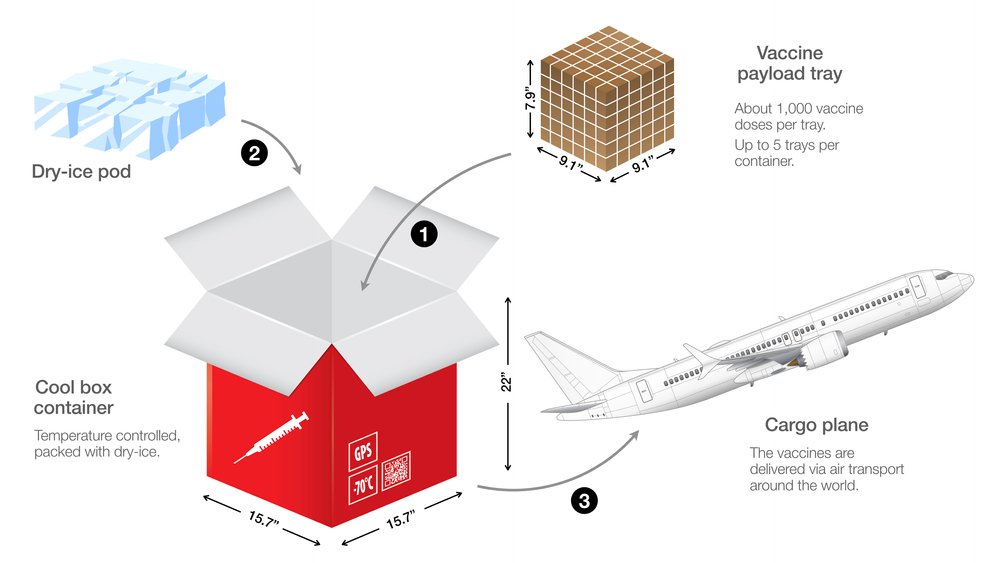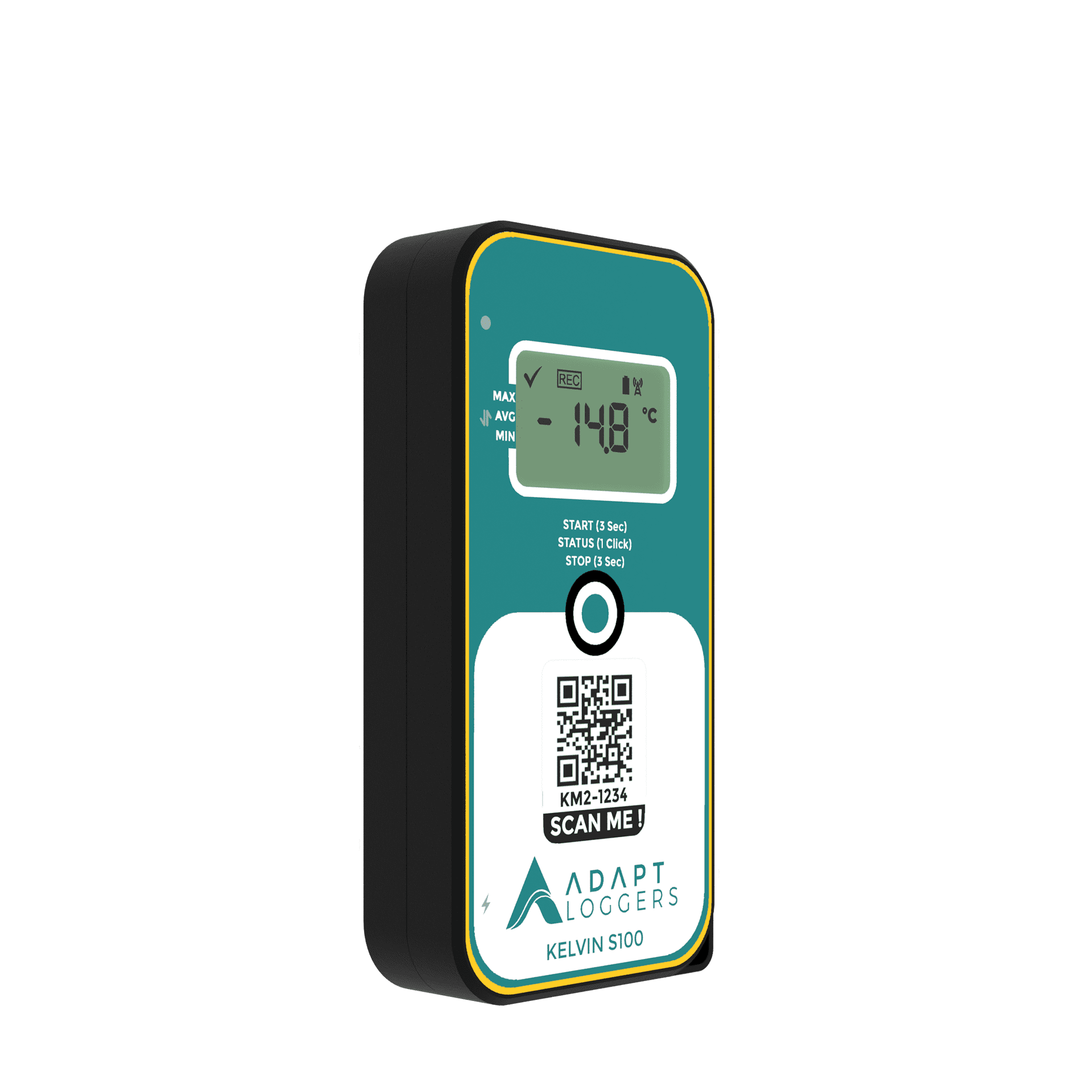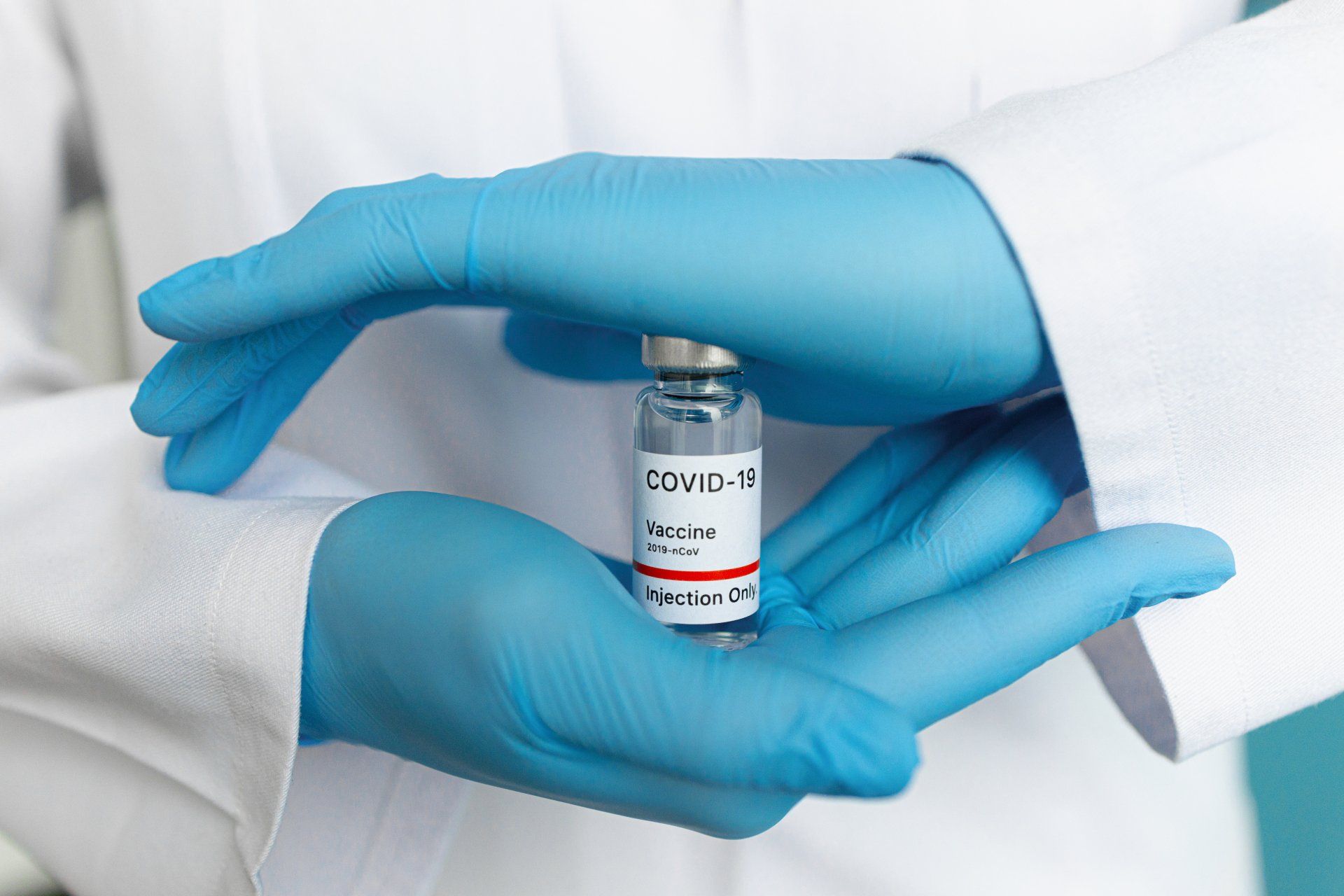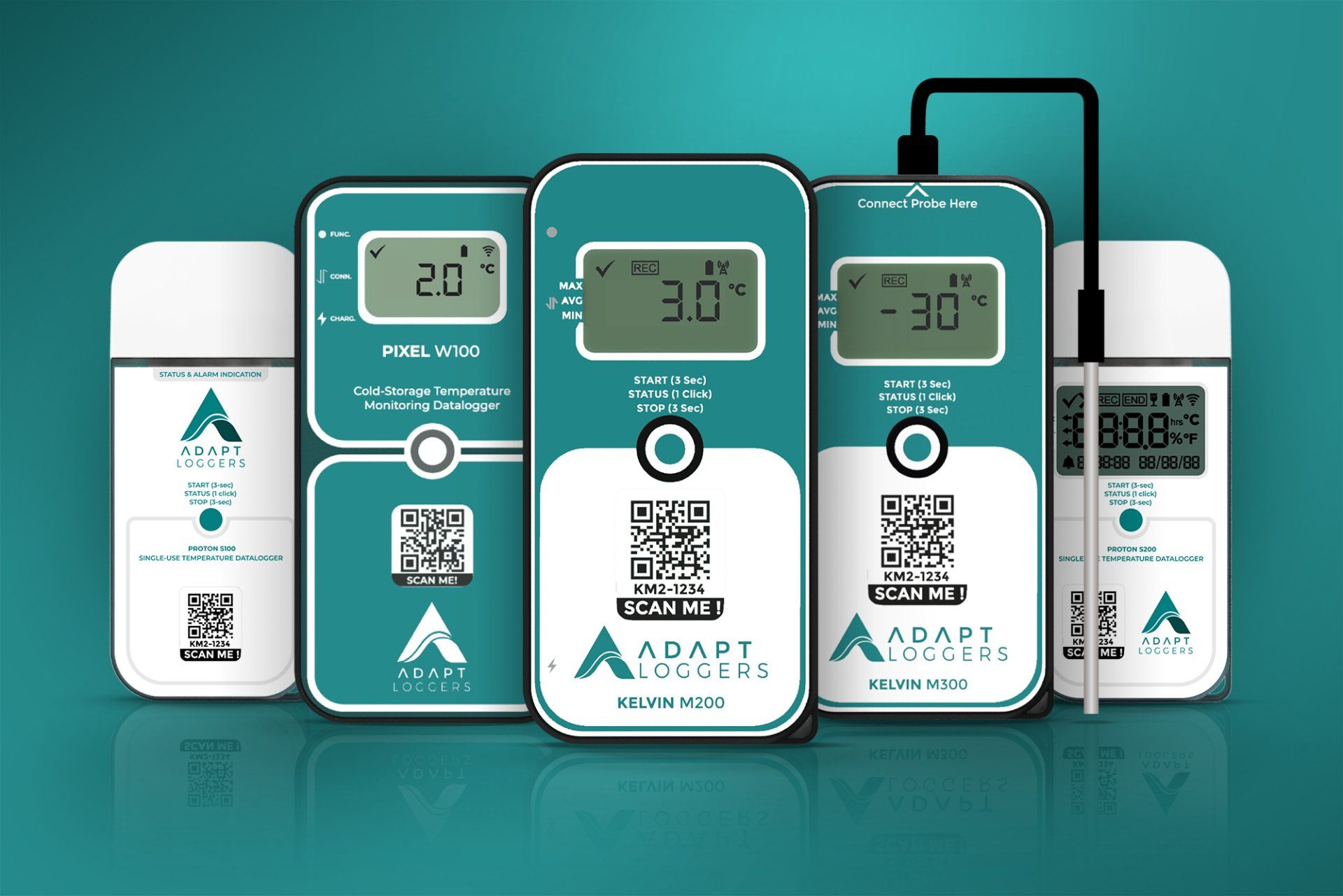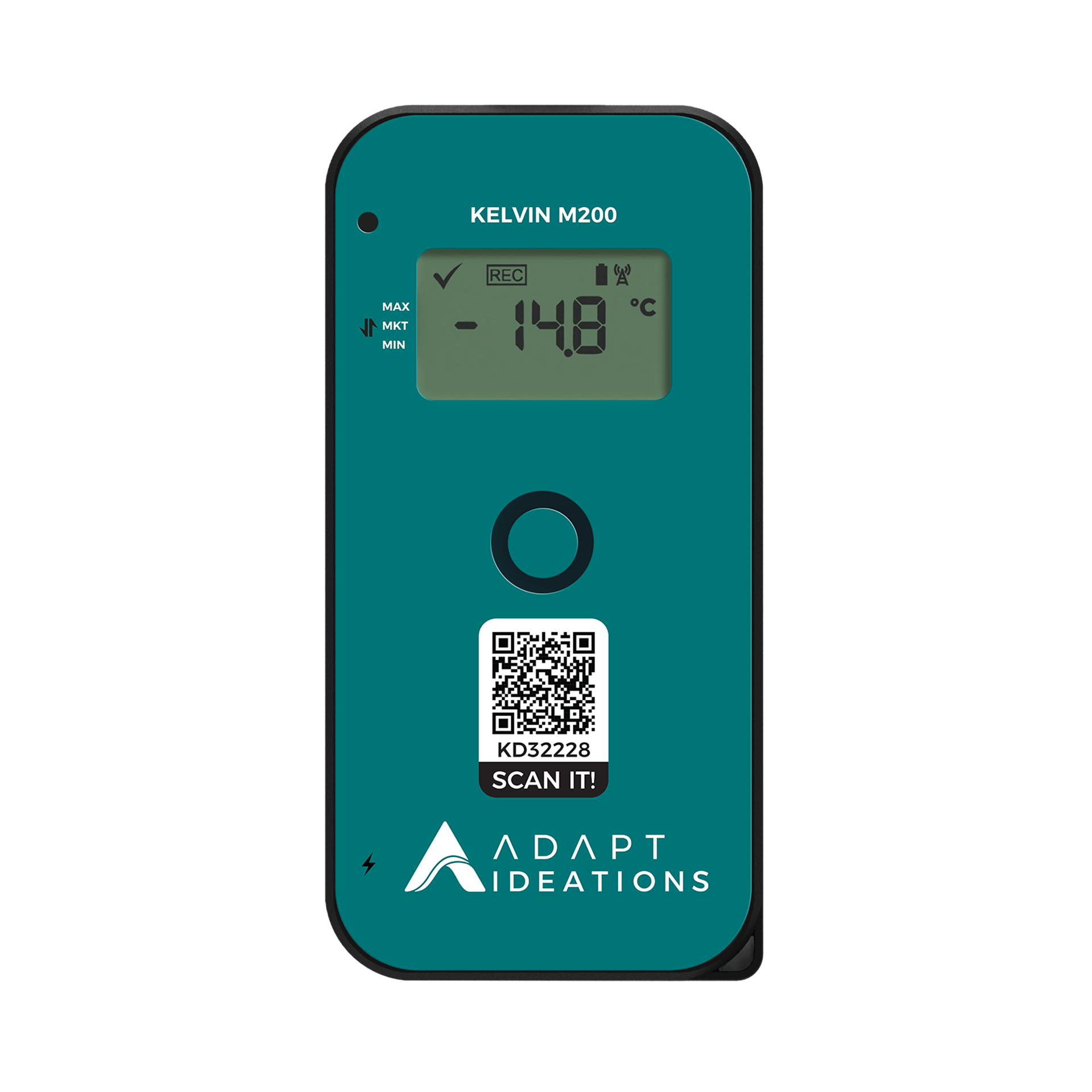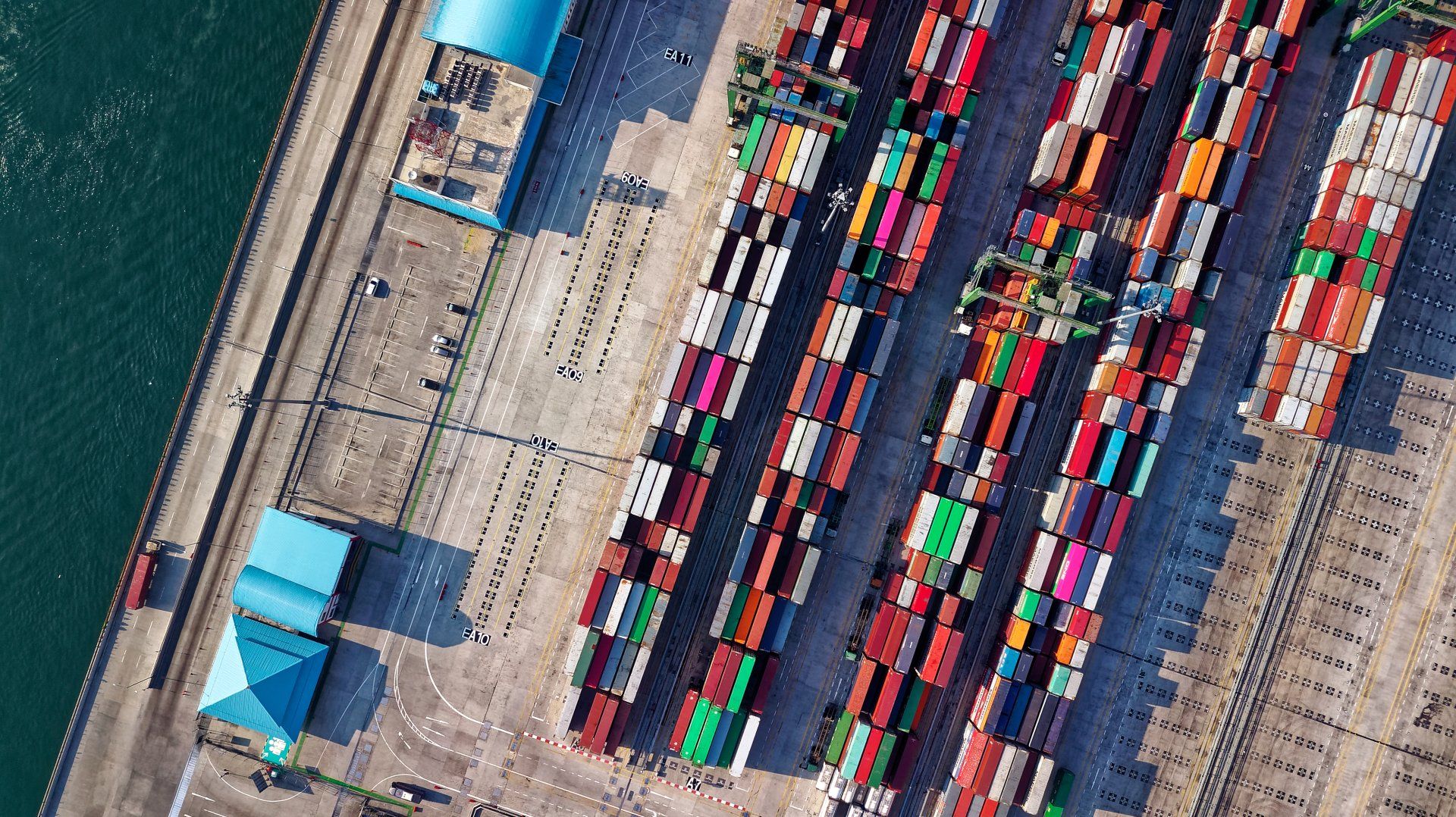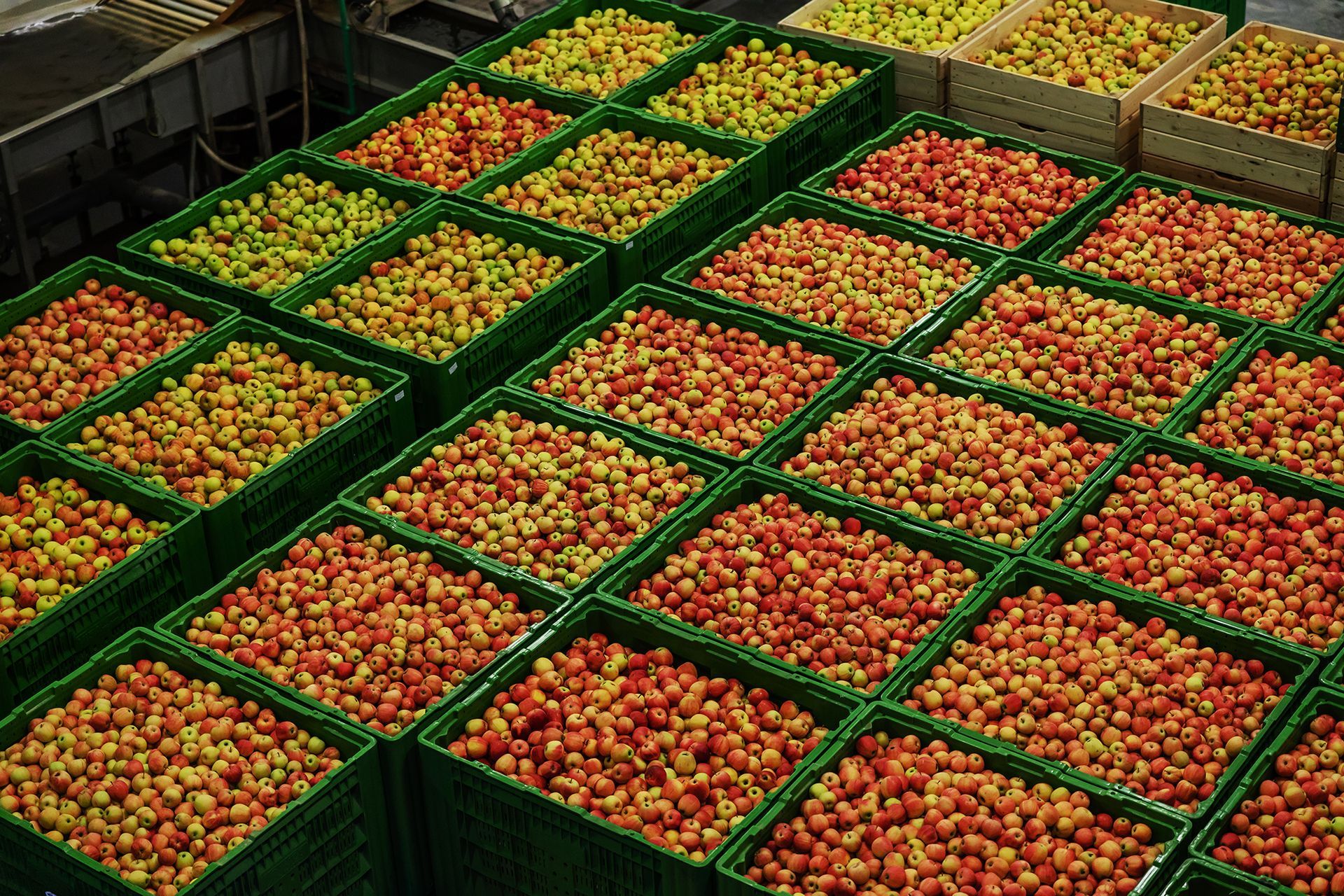How Vaccine Transportation Can Benefit From Data Loggers
When it comes to vaccines, the temperature during transport is critical. Data loggers can help ensure that vaccines are kept within the correct temperature range for the entire journey, from the factory to the clinic. This can help prevent vaccine spoilage ensuring redistribution does not need to occur.
Most vaccines need to be stored between 2 and 8 degrees Celsius, which can be a challenge if refrigeration units are not functioning properly, temperature excursions occur or shipments are monitored with passive solutions, just to name a few. Data loggers that record temperature data amongst other metrics such as location, shock and tampering can help keep track of vaccine transport and storage conditions, ensuring that they are effective and viable for usage. This can have a major positive impact on global health, ensure vaccines remain compliant, and reduce costs associated with damage and waste of vaccines.
What are data loggers for vaccines and how do they work?
Most data loggers for vaccines work by monitoring vital metrics such as location, temperature, shock, light and humidity that the vaccine vials experience throughout their journey. Data loggers can be used for automating cold storage monitoring and warehouse temperature mapping where they are placed in the vaccine storage area and collect data at regular intervals. The data can then viewed via the secured cloud portal where reports can be downloaded and further analysed. The data loggers for vaccines can help to ensure that the vaccines are stored properly and remain effective. They can also help to identify any problems with the storage conditions so that they can be corrected.
What benefits are achieved using data loggers for vaccines?
There are many benefits to using data loggers for vaccine storage. Data loggers help to ensure that vaccines are stored at the correct temperature, preventing them from becoming damaged or ineffective. They can also help to monitor the humidity level in the storage area, ensuring vaccine degradation does not occur. Additionally, data loggers designed for moving consignments can create a record of when the vaccines were removed from storage, allowing for easy tracing in the event of a recall. In short, data loggers provide an invaluable service in protecting the efficacy of vaccines.
How to choose the right data logger for your needs.
There are many factors to consider when choosing the right data logger for your needs. The first step is to determine what type of data you need to collect. One common data logger is a temperature logger, which is used to monitor changes in temperature over time. Depending on the use case other types of loggers that are common include single-use and reusable devices, humidity loggers and pressure loggers. Once you have determined the type of data you need to collect, you can narrow down your options by considering the features of different data loggers. Some important features to look for include the ability to store large amounts of data, a long battery life, and a rugged design. With so many different data loggers on the market, it can be difficult to choose the right one for your needs. However, by taking the time to consider your options carefully, you can make sure that you choose a data logger that will meet your specific requirements.
Tips for using data loggers for vaccines
Data loggers are devices that can be used to monitor temperature-sensitive or high-value assets including the recording of vaccine temperatures during storage and transport. They are an important tool for ensuring that vaccines remain effective. When using a data logger, it is important to follow these tips:
- Make sure the data logger is placed in the vaccine storage unit in a location where it will not be disturbed.
- Check the battery life regularly and charge as required.
- Monitor the data on the secured cloud portal regularly and view any violations to assess if vaccine temperatures have remained within the acceptable range.
- If the temperature exceeds the acceptable range, take corrective action immediately to ensure that the vaccines do not become degraded.
Following these tips while using a data logger will help to ensure that vaccines remain viable.
FAQs about data loggers for vaccines
Get in touch with us today at enquiries@adaptideations.com for further information on our solutions.
Share Our Post.
Awards & Recognition

Best Temperature Monitoring Solution Provider
Awarded by India Biologics & Vaccines Outstanding Industry Awards 2022

Adapt Ideations Recognised As A Supply Chain Leader
by Alcott Global on Supplify's Supply Chain Tech Map 2.0
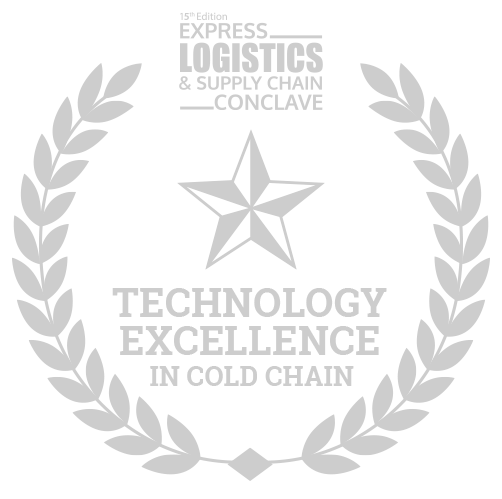
Related Articles.



